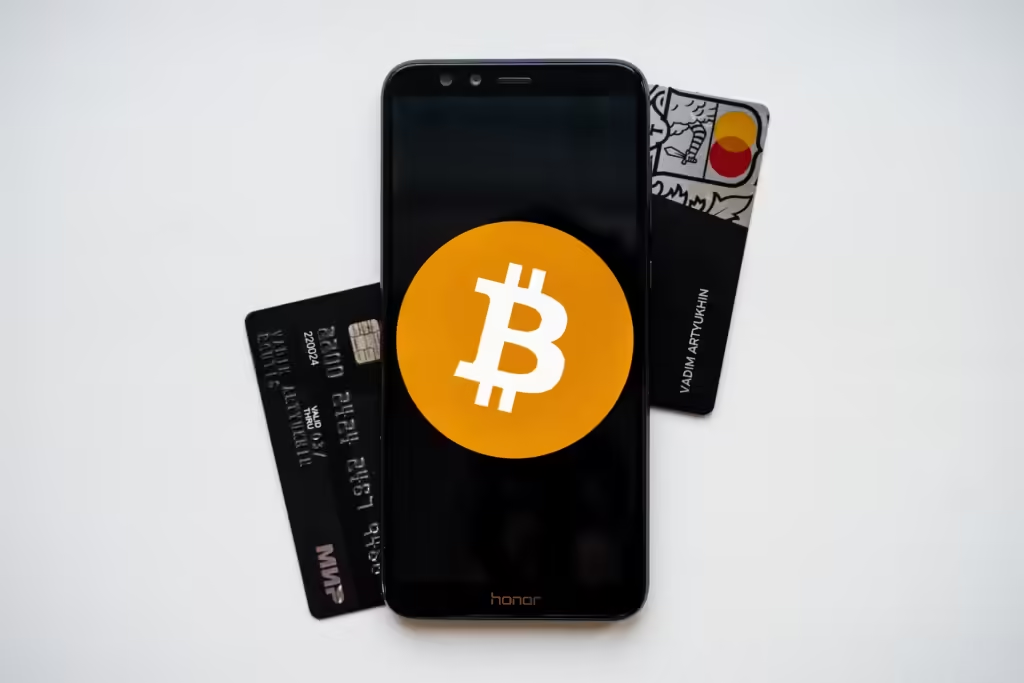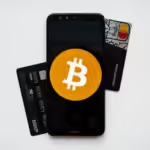
Payment security is changing due to blockchain’s growing use in safe online transactions across industries.
This technique guarantees transaction security, transparency, and immutability.
Understanding Blockchain Technology
Blockchain is a decentralized ledger that securely logs transactions across numerous computers, making it very impossible to tamper with or change data.
Verified transactions that are immutable once locked are contained in every block of the chain, guaranteeing transparency and confidence.
This approach improves transparency and security by eliminating centralized control. Thanks to blockchain’s transparency, everyone may take part in transaction validation, as each completed transaction is documented on a public ledger for simple tracking.
Users can manage their assets with digital wallets, which offer a quick and safe way to conduct online transactions.
All things considered, blockchain’s structure protects data integrity, making it a reliable option for safe online operations.
Blockchain’s Impact on the Gaming Industry
Blockchain technology is transforming the gaming sector by increasing online transaction security and transparency.
By guaranteeing safe and effective payment processing, blockchain becomes relevant across genres, including US casino gaming platforms, esports, and NFT-based games. It lowers the possibility of fraud and guarantees equitable gameplay.
Blockchain generates a tamper-proof system advantageous to operators and players by decentralizing transaction records.
Additionally, because they offer quick, private, and affordable options, cryptocurrencies like Ethereum and Bitcoin are quickly gaining traction as payment options in online gaming.
Blockchain is becoming an essential part of the future of online gaming businesses as more use it to streamline their operations and establish confidence.
This expanding role emphasizes how blockchain might change online transactions in several industries, including gaming.
Enhancing Payment Security with Blockchain

Blockchain uses cryptography to prevent fraud and theft, which greatly improves the security of Internet transactions.
Because of its immutability, data cannot be changed once it is captured, prohibiting illegal changes.
Blockchain-enhanced identification verification lowers identity theft in financial transactions, while tokenization further protects data by substituting unique identifiers for crucial payment details.
The seamless conversion between fiat money and cryptocurrencies made possible by blockchain’s integration with conventional banking institutions expedites safe payment procedures.
Biometric technology, such as fingerprint scanning and facial recognition, are increasingly integrated into mobile wallets to enhance security.
Furthermore, dynamic QR codes have increased the security and effectiveness of QR-based payments by providing real-time updates and fraud protection.
Financial Institutions and Blockchain
Blockchain is being used by financial organizations more and more to improve payment security and lower data breaches.
Because blockchain technology is decentralized, hackers are unable to exploit a single point of weakness.
Smart contract implementation expedites the response to questionable activity and automates the identification of fraud.
Blockchain’s real-time transaction monitoring makes it possible to quickly identify transactions that might be fraudulent.
Blockchain’s advantages may potentially be used by Central Bank Digital Currencies (CBDCs) to increase the effectiveness and security of payments.
Because of blockchain’s immutability, data cannot be changed once it is recorded, maintaining the reliability and correctness of transaction logs and assisting with anti-money laundering initiatives by enhancing identity verification.
Securing E-commerce Transactions with Blockchain
Because blockchain technology offers a distributed ledger that safeguards online transactions, it is revolutionizing e-commerce.
Its unchangeable record-keeping lowers fraud and increases customer confidence. Blockchain simplifies payment processing by enabling safe, direct transfers between parties without the need for middlemen.
Tokenization, which replaces critical payment data with a special code that cannot be decrypted to disclose original details like credit card numbers, is a crucial component of this security.
This prevents intercepted data from being useful. Blockchain facilitates blockchain-oriented payment gateways and safe payment methods like stablecoins and cryptocurrencies.
These advances increase the general effectiveness of e-commerce payment procedures while shielding customers from fraudulent transactions.
Blockchain in Supply Chain Management

Blockchain technology is revolutionizing supply chain management. It offers a distributed ledger that improves transparency and enables real-time product tracking.
By facilitating the process of authenticating products and confirming their origins, this technology enhances consumer trust and encourages ethical business practices.
Pharmaceutical companies stand to gain a great deal from blockchain’s capacity to control drug recalls and guarantee the legitimacy of medications.
Blockchain lowers costs, increases transactional efficiency, and streamlines supply chain procedures by doing away with the need for middlemen.
By automating payments between parties, smart contracts improve operations even further.
Platforms such as MediLedger demonstrate how smart contracts can automate contract execution and product verification while guaranteeing compliance with intricate rules.
Real-World Applications of Blockchain in Various Industries
Blockchain technology is revolutionizing online transaction security in a number of different sectors.
Solutions like Medicalchain enable users to restrict access, improving data security in the healthcare industry and providing individuals with control over their personal records.
Through programs like Embleema, blockchain is also expediting virtual trials while guaranteeing the safe management of patient data.
Companies like Propy are using blockchain in real estate to build safe, transparent systems for tracking property ownership, which lowers fraud.
These systems show how blockchain may improve security, streamline procedures, and foster trust amongst many businesses.
Because of its decentralized, unchangeable ledger, which guarantees data accuracy and lifespan, businesses and customers involved in digital markets or services can both profit.
Advanced Security Measures with Blockchain
Preventing security breaches in blockchain technology requires the use of sophisticated security mechanisms.
Multi-factor authentication (MFA), which necessitates several verification techniques for access and transaction confirmation, is one of the essential elements.
Asymmetric encryption depends on a special pair of keys to increase security, whereas symmetric encryption uses the same key for both encryption and decryption.
Payment data is encrypted while it is transmitted to prevent information from being intercepted without the decryption key.
A digital signature is a feature of every blockchain transaction that helps to further prevent manipulation.
Furthermore, the consensus mechanism makes sure that all of the network nodes validate transactions before adding them to the ledger, protecting private information and preventing fraud and illegal access to online transactions.
Future Trends in Blockchain and Online Payment Security
Blockchain technology advancements portend a promising future for online payment security.
Future innovations are expected to significantly improve transaction security by lowering fraud risks and thwarting illegal access.
With mobile wallets offering some of the most dependable choices, systems, and techniques for completing secure payments, biometric verification in conjunction with mobile wallets is predicted to completely change secure online transactions.
When blockchain technology and Internet of Things (IoT) technologies are combined, new opportunities for safe, secure online payment execution may arise.
These technologies will continue to progress. They will play a crucial role in determining the course of safe transaction procedures while preserving effectiveness and strong defense against security breaches in online payment settings.



